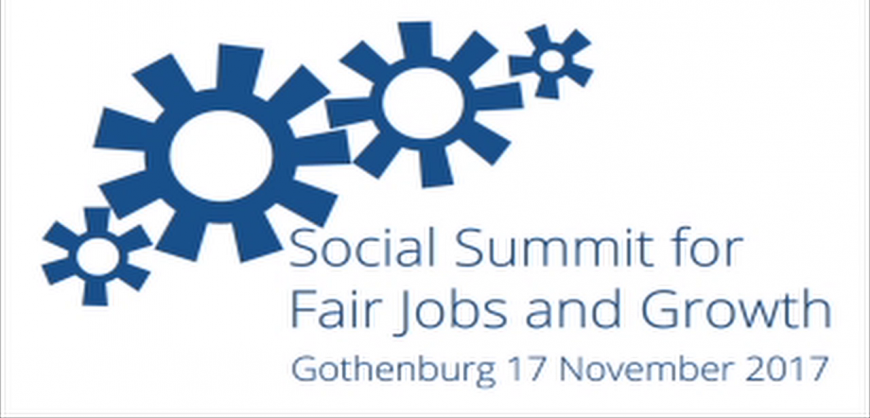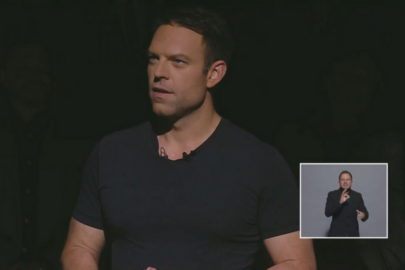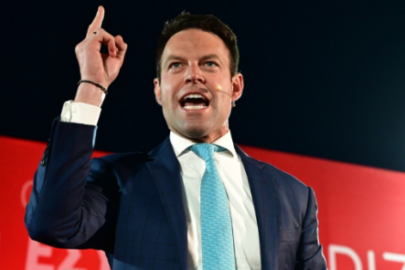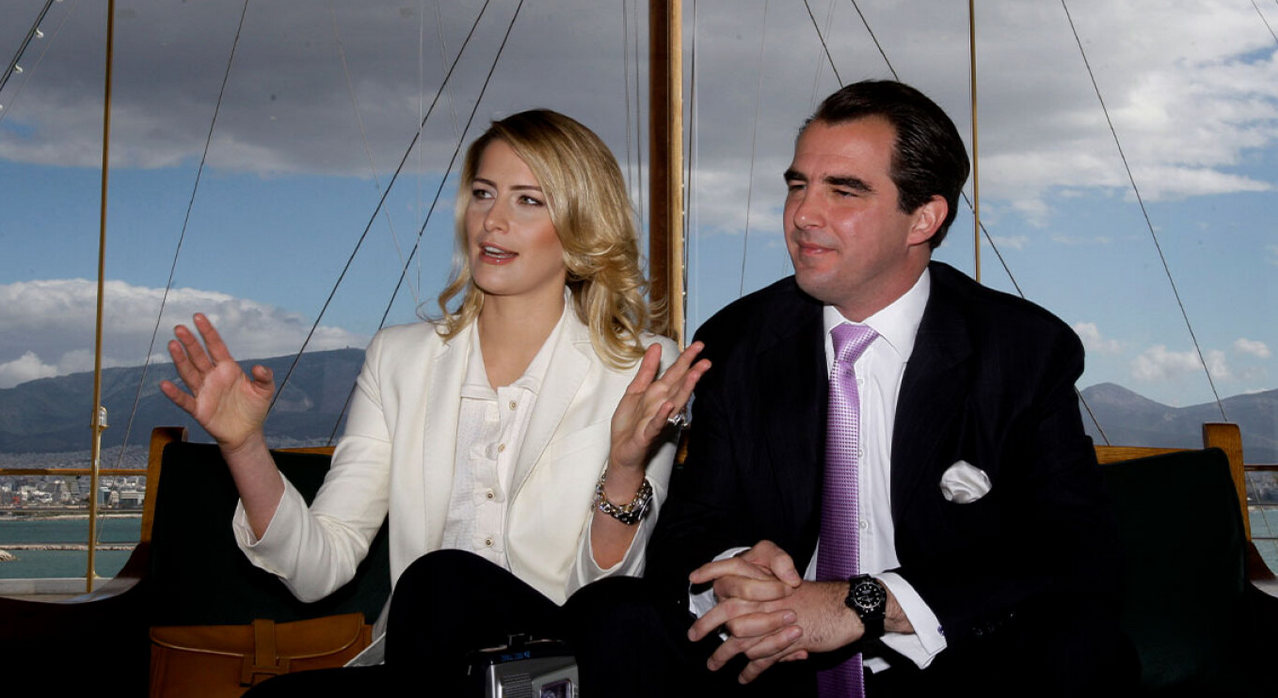The Greek premier Alexis Tsipras will take part in Friday’s (17 November 2017) Social Summit in Gothenburg, which will focus on promoting fair jobs and growth and will be hosted by President of the European Commission Jean-Claude Juncker, Sweden’s Prime Minister Stefan Löfven.
The presence of the Prime Minister at the Gothenburg Social Summit is of particular importance, as Alexis Tsipras was the first head of government in the EU to urgently address the issue of Europe’s social dimension, the need for a special such session and the shift of policies from austerity to the benefit of social cohesion, growth and employment. A shift that is gradually reflected on a European level through alliances and change of associations, including the Gothenburg Social Summit and the adoption of the Social Pillar.
With the dramatic events in Attica in the background, the Prime Minister will also put the question of European solidarity on the agenda of the session in dealing with disasters and relief from their consequences.
The Social Summit is part of the wider debate on the future of Europe and aims to promote, at the highest level, fair employment and growth. The main issues to be addressed by the conference are the creation of a fair working environment, equal opportunities and access to the labour market, as well as addressing the common challenges of the social models of the EU countries, social protection and social inclusion.
The ultimate goal is to promote the social dimension of European integration through a binding “European Pillar of Social Rights”.
The “Social Pillar” sets out basic principles and key rights to support the well-functioning and fair sharing of labour markets and social welfare systems. According to the European Commission, the “Pillar” can be a “guide” for a renewed process of upward convergence between EU member states.
The Heads of State and Government of the member states, the leaders of the European institutions, competent ministers, trade union and employers’ representatives, civil society actors, etc. will participate in the conference.
At the end of the conference, an “Interinstitutional Declaration” is expected to be signed (between the EU institutions) by European Commission President Jean-Claude Juncker, European Parliament President Antonio Tayanyi and Juri Ratas, Prime Minister of Estonia, who holds the Presidency of the EU Council.
At the working lunch of the Heads of State and Government that will follow, the debate will focus on education and culture issues, in particular on enhancing mobility and successful Erasmus programme, on mutual recognition of secondary education qualifications, on digital infrastructures in education and on the strengthening of the European cultural industry.
Source: balkaneu.com





































